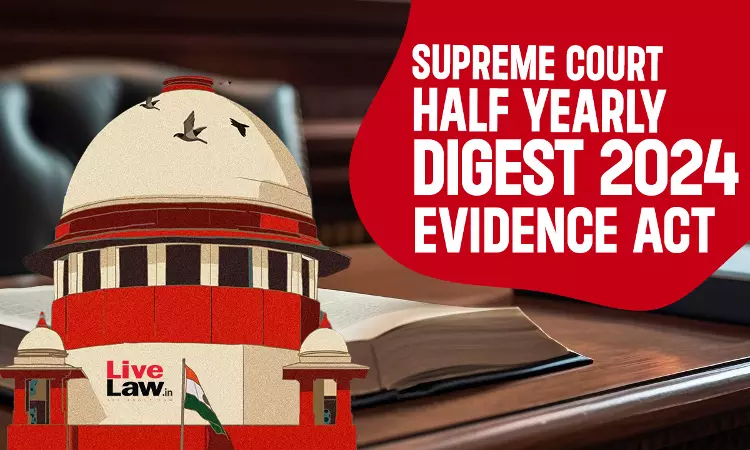Next Story
11 Aug 2024 7:39 PM IST
EvidenceAppreciation of Evidence – The High Court fails to appreciate evidence in a thorough manner and merely relied on a limited set of facts to arrive at a finding. In an appeal, as much as in a trial, appreciation of evidence essentially requires a holistic view and not a myopic view. Appreciation of evidence requires sifting and weighing of material facts against each other and...

